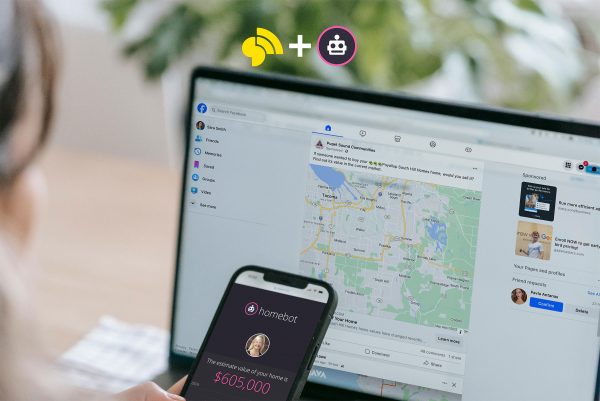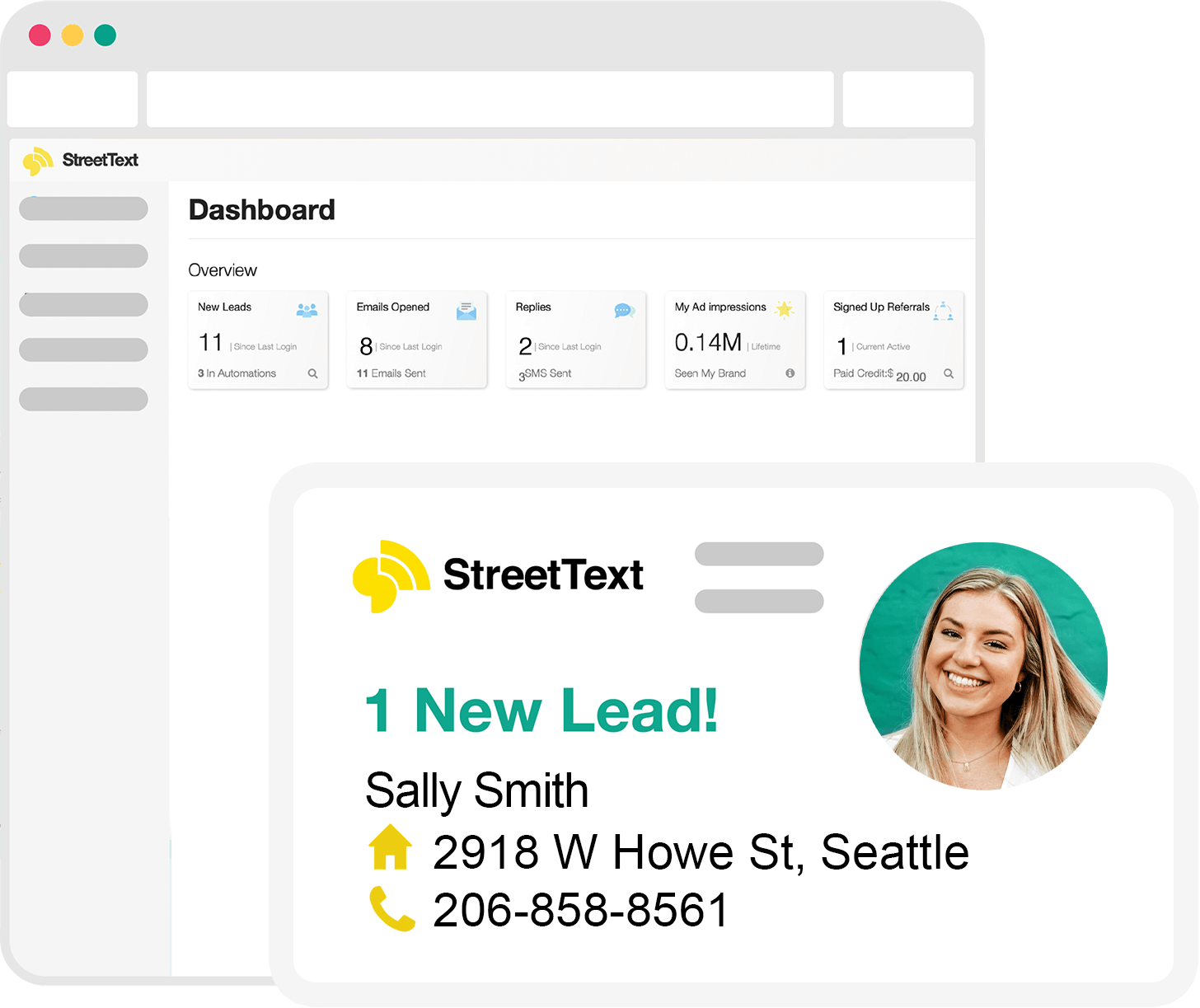Influencer marketing has grown significantly in popularity this year, and for good reason.
This new marketing strategy is a highly effective means of reaching and persuading new audiences – with the stats to prove it.
Much has been written on the value of influencer marketing. According to RealtyBizNews, influencer marketing can improve organic reach, reduce cost per impression by up to 50%, and boost conversion rates.
So how can you leverage this new strategy that has taken online marketing by storm? Here are a few quick principles for getting started with influencer marketing in 2018.

Influencer Marketing: What It Is & Why It Works
Quite simply, influencer marketing is a highly targeted form of marketing that involves identifying and advertising to people who can influence your target demographic.
Most influencers are online personalities of some kind, and very few of them specialize in real estate alone. This is ideal because it allows you expand your reach beyond your typical audience and gain the attention of people who aren’t yet ready to buy or sell a home, but may be doing so in the near future.
Influencer marketing works because it leverages the already-established credibility of known influencers to drive purchasing decisions. In fact, one Nielsen/TapInfluence case study found that influencer marketing produces an 11X higher ROI than traditional forms of marketing.
Finding Potential Influencers For Your Brand
In times past, the influencer crowd was a fairly small one: Celebrities.
But now, with online marketing turning Internet personalities into social media celebrities, the pool of potential influencers who can boost your brand is growing every day.
The ideal influencer for your real estate company doesn’t have to be an A-List celebrity or household name. Your potential influencer partners just need two things: A large social media audience, and a high engagement rate.
And with influencer marketing rapidly gaining in popularity as a marketing strategy, new online services are cropping up to facilitate connections between influencers and brands.
For instance, websites like Influence.co and BrandBacker essentially serve as influencer directories, where businesses can browse and evaluate potential influencer partners.
How to Build Relationships with Influencers
Forbes has identified 12 powerful strategies for establishing relationships with influencers. Many of these strategies revolve around establishing a genuine connection with influencers based on mutually shared interests. Creativity, trust, and authenticity are key. An influencer is more than just a brand asset – an influencer is a powerful advocate and major brand stakeholder who can open doors that may have been previously closed to you.
Building relationships with influencers is a long-term strategy that involves planning and forethought. Rather than simply cold pitching influencers with large audiences, it’s more effective to start off with some genuine interaction.
Once you’ve identified an influencer, invest some time into cultivating a relationship and positioning yourself as someone who supports their work. Share their content to your network. Leave thoughtful and insightful comments on their social media updates. Treat them like a person, not a brand.
Over time, this influencer will come to see you as a partner, as someone who is invested in their success – and this will make them want to invest in your success as well.
What Influencers are Looking for in a Business Relationship
If you’re showing interest in an influencer’s work, you’re halfway to a productive relationship that can boost your brand visibility and conversion rate. But whether or not you seal the deal with an influencer will ultimately depend on whether or not you can come to mutually agreeable terms.
According to TapInfluence, most influencers prioritize creative freedom above almost everything else. 71% of influencers surveyed said that maintaining positive engagement with their audience depends on their ability to keep their openness, honesty, and sense of humour. And 77% of influencers say they’re willing to take on repeat work with brands who provide them with creative freedom.
Influencers crave autonomy. That’s why it’s essential that, if you pursue influencer marketing, you accept that an influencer may not always do things the way you would prefer. However, it’s not hard to see how giving influencers this creative freedom can produce a great end result.
Next Steps: Cultivating Your First Influencer Relationship
So you’ve identified an influencer who can promote your real estate brand to their audience. The influencer’s personality and approach is a good fit for your brand, and you’re ready to start your influencer marketing strategy.
The first step you’ll want to take is, quite simply, starting online conversations around your target influencer’s content. Retweet them. Share their blog content on Facebook. Pull quotes from their marketing assets to use as status updates on Google+. Make original, thoughtful comments on their articles or videos. The goal at this stage in the process is simply to make the influencer aware that you exist and to lay the roots for a future relationship.
Find ways to add value to your target influencer’s life without needing or expecting anything in return.
After you’ve established a relationship with an influencer, you’ll want to reach out with a concrete idea for how you can collaborate. Start with a small, easy-to-agree-to request, like asking the influencer to share one of your blog articles or agree to be interviewed in a YouTube video for your brand.
Once you’ve completed one successful collaboration, it’s simply a matter of continuing to expand the relationship by doing more of the same.
Influencer marketing is a highly effective means of building trust with your audience and boosting conversion rates on your marketing efforts. With a little bit of creativity and a solid value proposition for influencers, you can leverage their existing audiences to boost your real estate company’s profile and access new markets.












